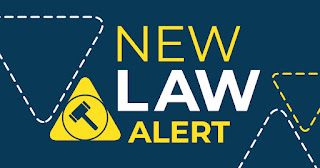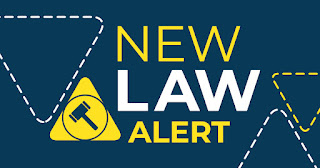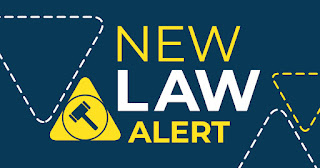A proposed bill (A2382), awaiting Gov. Hochul's signature, seeks to amend the civil practice rules in NY (CPLR) & Judiciary Law concerning predatory debt collection practices & consumer credit actions.
Specifically, the Bill provides the following:
- Cut the statute of limitations on consumer credit transactions in half (i.e., from 6 years to 3 years);
- Require all consumer credit action pleadings to include additional information (i.e., name of original creditor, last 4 digits of account number on most statement, date & amount of last payment, etc.);
- Allow defendants to raise improper service as a defense (i.e., unwaivable);
- Require an additional notice of a pending consumer credit action be mailed to a defendant by clerk of the court; &
- Require additional steps for entry of default judgment against a debtor (i.e., affidavit by original creditor of facts related to debt/default in payment, affidavit of sale for every subsequent assignment of sale of debt to a third-party, affidavit of a witness of the plaintiff, including chain of title of debt, etc.).


















